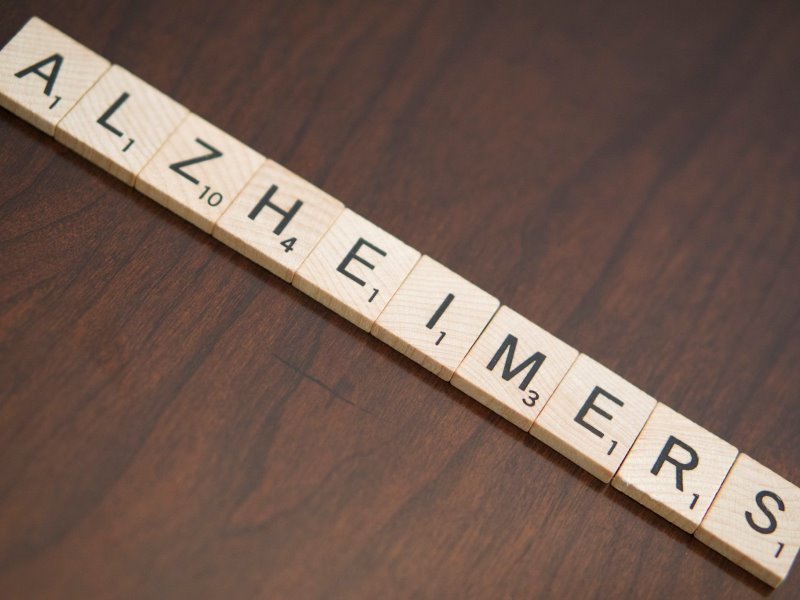-
Tips for becoming a good boxer - November 6, 2020
-
7 expert tips for making your hens night a memorable one - November 6, 2020
-
5 reasons to host your Christmas party on a cruise boat - November 6, 2020
-
What to do when you’re charged with a crime - November 6, 2020
-
Should you get one or multiple dogs? Here’s all you need to know - November 3, 2020
-
A Guide: How to Build Your Very Own Magic Mirror - February 14, 2019
-
Our Top Inspirational Baseball Stars - November 24, 2018
-
Five Tech Tools That Will Help You Turn Your Blog into a Business - November 24, 2018
-
How to Indulge on Vacation without Expanding Your Waist - November 9, 2018
-
5 Strategies for Businesses to Appeal to Today’s Increasingly Mobile-Crazed Customers - November 9, 2018
Negative stereotypes about aging linked to increased Alzheimer’s risk
Newly published research led by the Yale School of Public Health demonstrates that individuals who hold negative beliefs about aging are more likely to have brain changes associated with Alzheimer’s disease.
Advertisement
Levy’s team is part of the Baltimore Longitudinal Study of Aging, the longest-running scientific study on aging in the United States.
People who held more negative thoughts about aging earlier in life had greater loss of hippocampus volume when they aged. That’s to say “participants holding more negative age stereotypes tended to have the same hippocampal volume decline in three years compared to participants with positive age stereotypes tended to have in nine years”, researchers clarified. The subjects were divided in two groups: first group’s views were taken when individuals were in their early 40s, while the second group’s subject were asked to give views of 28 years before the autopsies, when most participants were in their early 60s.
“What we found is that negative perceptions on aging are definitely significantly related to [Alzheimer’s] disease indicators”, said study lead author Becca Levy, an associate professor at the Yale School of Public Health in New Haven, Conn.
Miami Herald noted, in an earlier study Levy conducted, people exposed to negative beliefs about aging had an increased heart rate and blood pressure response when talking about stressful events in their life. In both stages of the study, the researchers adjusted for other known risk factors for Alzheimer’s disease, including health and age.
They discovered that participants who held stereotypical ideas on fading memory and aging, such as grouchiness, absent-mindedness and the inability to learn new things, experienced a higher risk of developing brain changes that are often seen in Alzheimer’s patients.
When study participants died, scientists examined their brains for amyloid plaques and neurofibrillary tangles, the clumps and strands of proteins that are calling cards for Alzheimer’s. To assess their negative age stereotypes, researchers used the BLSA’s 16-item age-stereotype subscale of “attitudes toward old people”, such as, “Old people are absent-minded”. That stress can, in turn, cause brain changes. To do so, they used brain autopsies of people who also had had their attitudes about aging measured.
Levy said the researchers hope people try to find ways to promote positive age stereotypes and reduce negative stereotypes associated with aging in media.
The hippocampus is a part of a brain crucial to memory.
Advertisement
“Although the findings are concerning, it is encouraging to realise that these negative beliefs about ageing can be mitigated and positive beliefs about ageing can be reinforced, so that the adverse impact is not inevitable”. “Research shows that a healthy diet, exercising and not smoking can reduce your risk of developing dementia”.





























